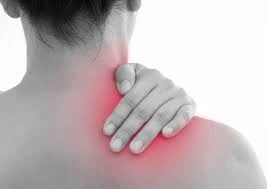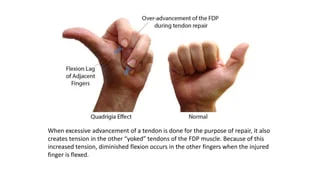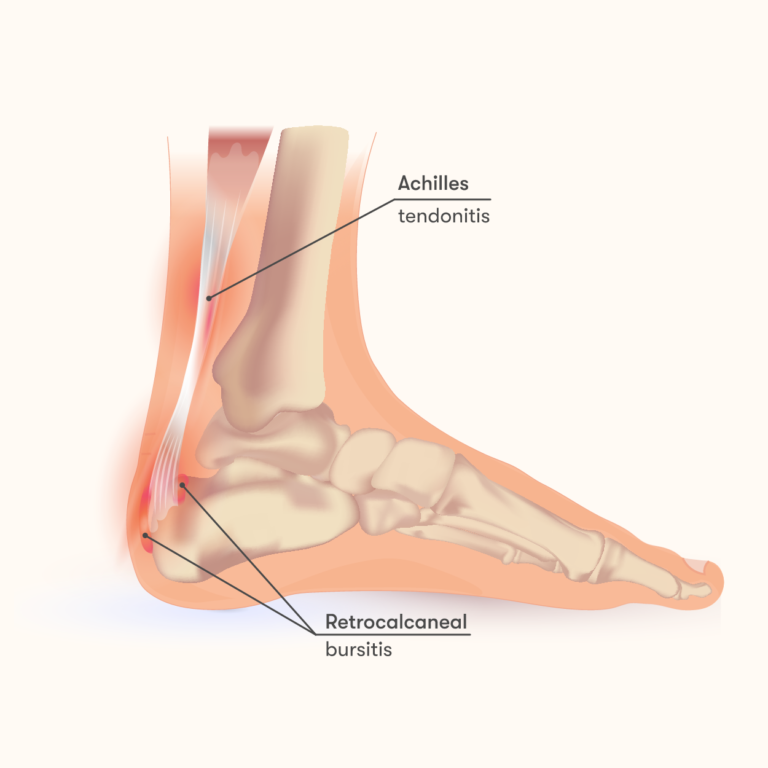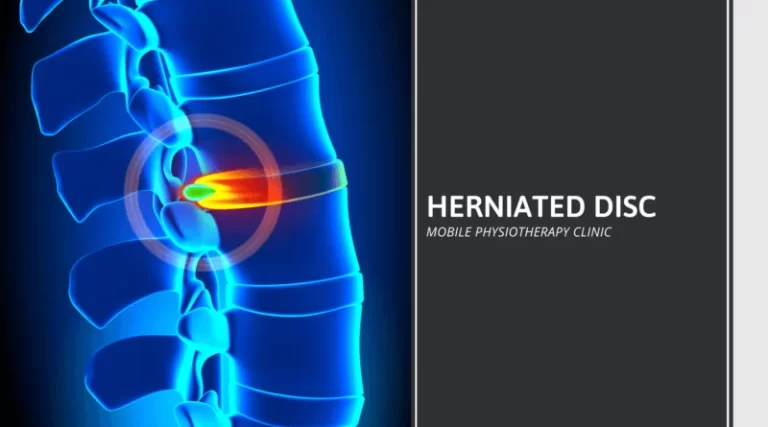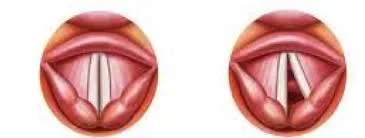Anxiety Can Cause Chest Pain?
Introduction
Anxiety can cause physical symptoms such as chest pain in certain people. It’s crucial to determine whether anxiousness or another factor is to blame.
Most people experience worry, fear, or nervousness occasionally, which is natural. These are common responses to unusual occurrences in daily life.
Anxiety is a common occurrence for certain people. Beyond just anxiety or worry, symptoms might also include various bodily reactions. Sometimes these symptoms are misdiagnosed as something else entirely.
For instance, chest pain may occasionally indicate anxiety. Chest pain is a concern since it may be related to heart attacks and other cardiac diseases. It frequently arises from a panic attack or heightened reactivity.
Understanding your chest discomfort might help you get relief from symptoms and recognize when you require more medical attention if you suffer from anxiety regularly.
Symptoms Of Anxiety Chest Pain:
Individual differences rarely exist in the symptoms of anxiety. Sometimes, the symptoms of an individual aren’t even the same. There are many ways that anxiety manifests itself, which makes it challenging to identify or comprehend symptoms.
Everybody experiences anxiety-related chest discomfort differently. Chest pain is something that some people gradually get. Others may experience abrupt or unexpected discomfort. Anxiety-related chest discomfort is characterized by:
- Severe stabbing pain
- Continuous aches in the chest
- A strange twitch or spasm in your chest muscles
- Dull discomfort, burning, or numbness
- Sharp pressure
- Stiffness or strain in the chest
You could be concerned if you have never experienced anxiety with your chest pain. Some go to the hospital’s emergency room thinking they are experiencing a heart attack and receive care there.
Research from 2018 indicates that between 25 and 50 percent of people who present to the emergency room with low-risk chest pain (unrelated to a heart attack) also have moderate to severe anxiety.
Suppose the medical staff at the hospital emergency room cannot identify the precise source of your chest discomfort. In that case, you should speak with your physician about other potential causes, such as worry.
What Can Causes Of Anxiety and Chest Pain?
Apart from psychological distress, a panic episode can result in several bodily manifestations. Nonetheless, your body is exhibiting these symptoms as a response to an actual or imagined stressor.
Your body goes into what is known as a “fight or flight” mode whenever you are anxious, preparing you for a conflict with anything that could injure you. The human body does this in several ways, such as by raising blood pressure, heart rate, and respiration, as well as by causing the release of noradrenaline and adrenaline.
A lot of these reactions result in chest pain. However, the following are the main reasons why anxiety-related chest discomfort occurs:
- Heart Rate Increase: It may cause palpitations, coronary artery spasms, and a thumping sensation in your chest.
- Hyperventilation: It is characterized by dyspnea and may also be accompanied by variations in blood carbon dioxide concentrations.
- Increased Blood Pressure: Due to the increased blood flow, it might put strain on small blood arteries and raise the heart’s oxygen requirement.
- Muscle Tension: It is commonly caused by stress and manifests as stiffness in the chest muscles.
What Are The Various Reasons For Chest Pain Due To Anxiety?
Chest pain resulting from panic attacks can be attributed to a variety of sources, either cardiac or non-cardiac. The cause of chest pain is cardiac origin, also known as coronary spasm or ischemia, which is a diminished blood flow to the heart. On the other hand, non-cardiac chest pain can come from the esophagus, musculoskeletal systems, or other organs unconnected to the heart.
Anxiety-related chest pain can have several reasons, such as:
Non-cardiac reasons: the esophagus or musculoskeletal system may be the source of the discomfort. Another possibility is hyperventilation, which is characterized by episodes of rapid breathing and can result in tense or spasming muscles in the intercostal chest wall. Chest pain can also result from esophageal dysmotility, which in turn may result in esophageal spasms due to anxiety.
Cardiac reasons: Anxiety-related cardiac mechanisms may act directly on the heart to cause cardiac pain. Autonomic stimulation combined with the effects of hyperventilation episodes could be the cause of the pain. Coronary artery spasm is the contraction of the coronary artery wall, which supplies the heart muscle, as a consequence of three causes working together.
A cardiac muscle’s lack of oxygen may result from a decreased blood supply to the heart due to coronary artery spasm. Chest pain from the heart causes this. A faster heartbeat and elevated blood pressure are two other ways that worry can exacerbate chest pain in those who have previously had heart disease. This is mainly because anxiety increases the requirement for oxygen to reach the heart.
Small-vessel ischemia: Because of sympathetic hyperactivity, anxiety can also cause the heart’s small vessels to narrow. Microvascular tone may increase during panic attacks, and the stress or periods of hyperventilation that accompany them may cause chest pain.
It’s also crucial to remember that due to the way the heart and respiratory systems alter during these episodes, panic disorder may develop in conjunction with true cardiac ischemia. An increase in sympathetic stimulation acts as a mediator for this. Pain and increased anxiety are consequent effects of the ischemia. This starts a vicious circle.
How Long Does Anxiety Chest Pain Last?
Although the anxiety and chest pain can be unsettling, they are transient. While other symptoms (including nausea, dizziness, and loss of breath) may linger longer, the pain typically lasts about ten minutes.
If your symptoms persist, get more severe, or are simply alarming, make an appointment for telemedicine, visit an urgent care facility, or contact your doctor right away.
Anxiety or panic attacks can cause severe muscle contractions that might cause pain in the chest region for a few hours later.
How Is Anxiety-Induced Chest Pain Differentiated From That Of a Heart Attack?
Differentiating between the two types of chest discomfort is challenging. But a few of the symptoms listed below could be useful in differentiating between these forms:
While anxiety-related chest pain is linked to anxiety and can happen even when at rest, heart attack-related chest pain is brought on by effort.
Heart attack-related chest pain usually peaks in a matter of minutes or is continuous; chest pain caused solely by anxiety might be triggered or intensified by applying pressure to the affected location.
Anxiety-related chest pain is localized, acute, and stabbing, whereas ischemia discomfort feels full, compressed, achy, or painful.
Heart attack-related chest pain might also extend to the shoulders, arms, back, neck, throat, or jaw.
Treatment:
Consulting with a psychologist or psychiatrist who specializes in anxiety-related conditions may be necessary for managing chest pain resulting from an anxiety attack.
Right now, getting rid of chest pain can be challenging. Still, you may take back control of the situation with the aid of some easy strategies.
Recognize what’s happening:
It’s critical to acknowledge and embrace the signs of anxiety or panic attacks as they occur because doing so will enable you to resolve your problems. Making decisions about the circumstance might also be aided by recognition. You can control your symptoms by removing yourself from the situation if you become aware that you are overstimulated.
Focus on your breathing:
Breathing techniques that promote calmness can counteract the signs of anxiety, such as shortness of breath and elevated heart rate. You can stop the stress response by concentrating on your breathing. It may require many minutes of deliberate breathing before you experience relief. Breathing exercises and methods are portable and can be used whenever necessary.
Common breathing exercises for anxiety:
4-7-8 breath: This straightforward yet powerful breathing method helps lower tension. To execute 4-7-8, take a four-count breath in, keep it for seven counts, and then release it for eight counts.
The box breath: You can slow your breathing by using box breath. First, exhale completely, then inhale for four counts, hold the breath for four counts, and then release the breath for four counts. Repeat steps three and four.
Belly breathing: Also referred to as diaphragm breathing, belly breathing promotes profound relaxation. Put your left hand over your heart and your right over your tummy to practice. As you carefully inhale, feel your tummy grow. Feel your tummy flex as you slowly release the breath.
Apply the 3-3-3 method.
On occasion, you may notice the beginnings of anxiousness symptoms. The 3-3-3 anxiety approach can be used to reduce physical symptoms. You might feel more in control and grounded by using this technique. It’s an easy technique to refocus your attention and divert your attention from potential anxiety-inducing triggers.
The 3-3-3 rule can be applied as follows:
- Identify three objects in your immediate environment. Pay attention to what they are and make a note of distinguishing features such as color and texture.
- Next, identify three auditory stimuli. Are they loud or have a high pitch?
- Lastly, select three body parts to move.
Seek therapy
It’s critical to have short-term strategies to assist you in managing your symptoms of anxiety. They don’t, however, address the root source of your anxiety. It’s important to see a doctor if anxiety symptoms such as chest pain or anxiety attacks start to occur frequently. Cognitive behavioural therapy in conjunction with a therapist can assist in identifying triggers and provide you with appropriate coping mechanisms. Utilizing coping mechanisms will boost your self-assurance and sense of control, which can reduce symptoms. CBT employs a variety of strategies to pinpoint and rewire anxious-inducing negative beliefs and actions.
The following conditions can be effectively treated with CBT:
- Anxiety disorders
- Disorders of generalized anxiety
- Disorders of social anxiety
- Compulsive-obsessive behaviour
- Disorders related to traumatic stress
- Extended mourning syndrome
Eat healthy: Improving health and wellness can be greatly aided by a nutritious, well-balanced diet. Steer clear of missing meals whenever you can.
Limit caffeine: Clear coffee, chocolate, energy drinks, and other caffeine-containing foods and beverages.
When to See a Doctor for Chest Pains?
If your chest pain did not precede with anxiety:
- The discomfort started abruptly and with no apparent cause (overexertion, for example).
- You truly feel like you’re having trouble breathing.
- The discomfort travels or appears elsewhere in the chest.
- You almost faint or get unconscious
- You start to feel lost or bewildered.
- Sweating, a rapid or erratic heartbeat, nausea, or vomiting are experienced in addition to the discomfort.
Summary:
Anxiety can indeed cause chest pain, a phenomenon often referred to as “anxiety-induced chest pain” or “psychogenic chest pain.” When a person experiences anxiety or panic attacks, their body’s stress response can lead to muscle tension and increased heart rate. This heightened physiological state may result in chest discomfort or pain, which can be sharp, stabbing, or even mimic the sensations of a heart attack.
Although anxiety-induced chest pain is typically benign, it can be distressing and should not be dismissed. It is important for individuals experiencing such symptoms to consult a healthcare professional to rule out any underlying medical conditions and to address the root causes of their anxiety, which can significantly reduce or eliminate chest pain over time.
FAQs:
What’s the link between anxiety and chest pain?
Anxiety can increase stress hormones and muscle tension, which may cause chest pain. It can also lead to hyperventilation, reducing blood flow to the heart, and exacerbating discomfort.
How is anxiety-induced chest pain diagnosed?
A healthcare provider will conduct a thorough evaluation, including a physical exam, medical history, and sometimes tests (e.g., EKG, and blood tests) to rule out other causes of chest pain.
Can anxiety-related chest pain be prevented?
Reducing anxiety triggers, adopting stress management techniques, and maintaining a healthy lifestyle (exercise, balanced diet) can help prevent or minimize chest pain.
Are there risk factors for experiencing anxiety-related chest pain?
People with generalized anxiety disorder, panic disorder, or high-stress levels may be more prone to this symptom. However, it can happen to anyone during periods of acute stress.
Is anxiety-related chest pain dangerous?
While the pain itself is typically not life-threatening, it can be distressing and may affect your quality of life. It’s essential to address both the anxiety and the chest pain to prevent further complications.
References:
Reducing Chest Pain Caused by Anxiety – Take the Health. (2021, January 31). Take the Health. https://takethehealth.com/health-problems/reducing-chest-pain-caused-by-anxiety/
Leamey, T., & Sun, V. (2022, December 6). Experiencing Anxiety or Chest Pain? Try These 4 Ways to Get Rid of It. CNET. https://www.cnet.com/health/mental/experiencing-anxiety-chest-pain-try-these-4-ways-to-get-rid-of-it/


